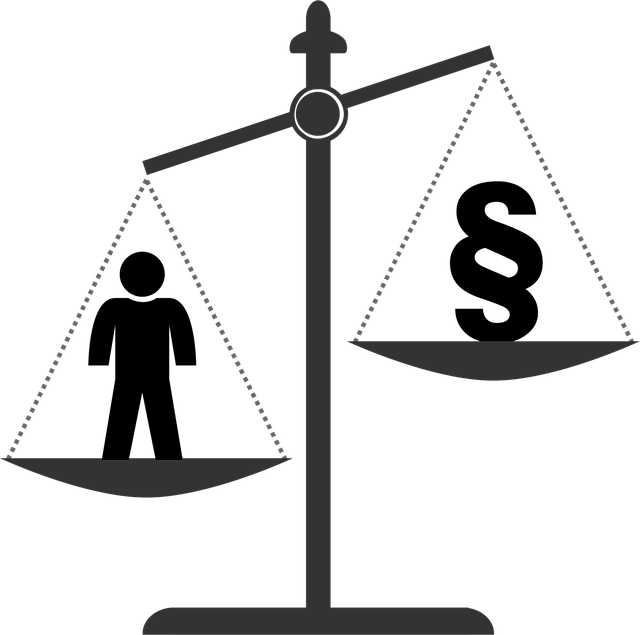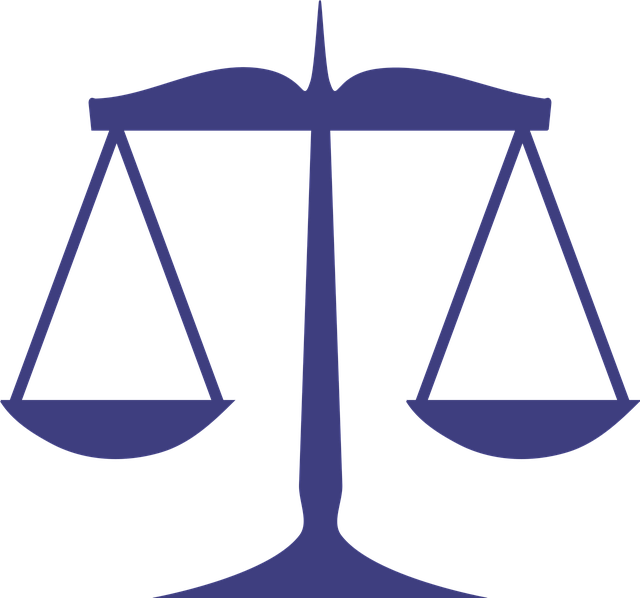Antitrust laws and Federal Sentencing Guidelines for Drug Offenses are crucial for fair markets, innovation, and consumer protection. Businesses must avoid price-fixing and market division schemes, with legal frameworks guiding sentencing. These guidelines ensure fairness in drug cases, factoring in drug type, quantity, defendant role, and history. Case studies like pharmaceutical price-fixing scandals show severe consequences, prompting guideline revisions. Proactive legal representation helps companies navigate complex antitrust matters and avoid indictment.
“Antitrust laws, designed to foster fair competition and protect consumers, are a cornerstone of modern economic regulation. This article delves into the complex world of antitrust violation cases, exploring their various forms and the significant role played by the Federal Sentencing Guidelines in drug-related offenses.
We’ll uncover common scenarios, analyze notable enforcement actions, and understand how these cases shape business practices. By examining real-world examples, we highlight the importance of adhering to antitrust regulations, especially within the pharmaceutical industry, where the Federal Sentencing Guidelines for Drug Offenses hold immense weight.”
- Understanding Antitrust Laws and Their Purpose
- Common Types of Antitrust Violation Cases
- The Role of Federal Sentencing Guidelines in Drug Offenses
- Case Studies: Notable Antitrust Violation Enforcement Actions
Understanding Antitrust Laws and Their Purpose

Antitrust laws are a crucial set of regulations designed to promote fair competition in the market. These laws aim to prevent businesses from engaging in practices that could restrict trade, stifle innovation, or harm consumers. The primary objective is to ensure that markets function efficiently, allowing for healthy competition and consumer choice. Understanding these laws is essential, especially as they guide investigations and enforcement processes involving suspected violations.
The Federal Sentencing Guidelines for Drug Offenses, while not directly related to antitrust, offer valuable insights into the consequences of breaking these rules. They highlight the importance of considering the severity of an offense and its impact on the market. By navigating all stages of the investigative and enforcement process, businesses can avoid indictment and ensure compliance with antitrust regulations, which are distinct yet interconnected with laws governing drug offenses.
Common Types of Antitrust Violation Cases

Antitrust violation cases encompass a range of legal issues aimed at promoting fair competition in the marketplace. One common type involves price-fixing, where businesses collude to set artificial prices, harming consumers and undermining market dynamics. Another prevalent case is market division, where companies divide territories or customer groups to limit competition, often resulting in reduced options for consumers.
These cases are adjudicated under comprehensive legal frameworks, such as the Federal Sentencing Guidelines for Drug Offenses, which provide sentencing recommendations for various antitrust infractions. A strong general criminal defense strategy can be instrumental in winning challenging defense verdicts, leveraging an unprecedented track record to achieve favorable outcomes for clients accused of these complex offenses.
The Role of Federal Sentencing Guidelines in Drug Offenses

The Federal Sentencing Guidelines play a pivotal role in shaping the outcomes of drug offenses, serving as a crucial framework for judges when imposing sentences. These guidelines are designed to ensure fairness and consistency in sentencing across different jurisdictions and provide a structured approach to penalizing individuals involved in various levels of drug trafficking and possession. In high-stakes cases where antitrust violations and drug offenses intertwine, these guidelines become even more critical.
Judges consider factors such as the type and quantity of drugs involved, the defendant’s role in the criminal activity, their criminal history, and any mitigating or aggravating circumstances. The Federal Sentencing Guidelines for Drug Offenses offer a range of sentencing options, allowing judges to tailor punishments that reflect the severity of the crime while also considering the unique circumstances of each case. This approach fosters a sense of justice within the legal system, especially in addressing the complex web of activities that can lead to antitrust violations in drug trafficking operations and ensuring that efforts to avoid indictment are met with proportionate consequences.
Case Studies: Notable Antitrust Violation Enforcement Actions

In the realm of antitrust law, notable case studies offer valuable insights into enforcement actions and their impact. One such example is the landmark case involving a pharmaceutical company that engaged in price-fixing for generic drugs. This violation not only led to significant financial penalties but also prompted a reevaluation of the Federal Sentencing Guidelines for Drug Offenses, emphasizing the severity of antitrust crimes. The company’s actions resulted in an extensive investigation, ultimately causing a ripple effect across the industry, serving as a warning to other businesses about the potential consequences of similar practices.
These cases highlight the role of general criminal defense strategies in mitigating potential outcomes. For his clients facing antitrust charges, navigating these complex matters requires meticulous planning. By employing skilled legal representation, individuals and corporations can work towards avoiding indictment and securing more favorable resolutions. This proactive approach ensures that businesses operate within legal boundaries while learning from historical cases that have shaped the legal landscape of antitrust enforcement.
Antitrust violation cases, particularly those involving drug offenses, are complex yet critical for maintaining a fair market environment. Understanding antitrust laws and their purpose is essential, as demonstrated by the role of the Federal Sentencing Guidelines in shaping punishments. Notable case studies highlight successful enforcement actions, serving as a testament to the importance of navigating these regulations. By recognizing common types of violations, businesses and legal professionals can foster a more competitive and ethical marketplace, ensuring that practices do not hinder innovation or consumer welfare.






